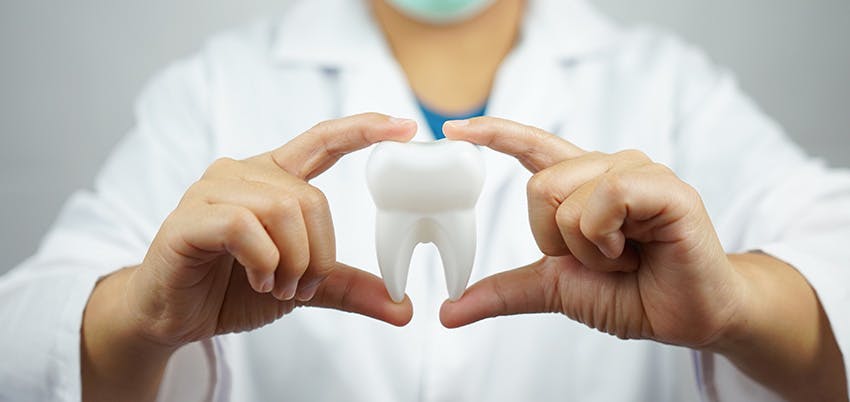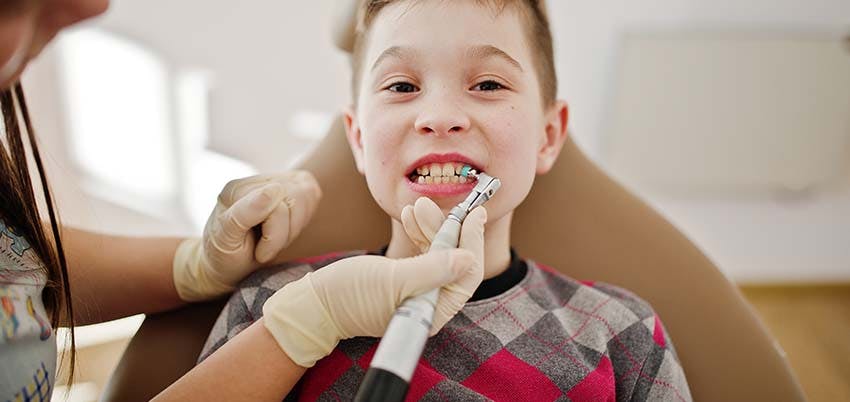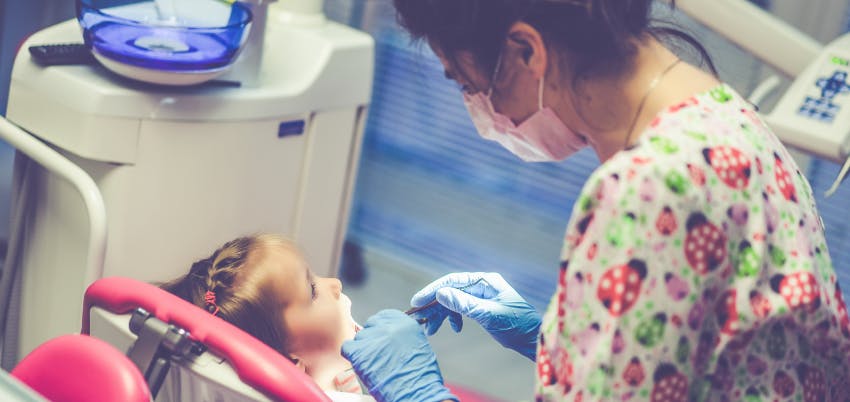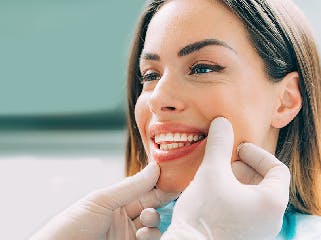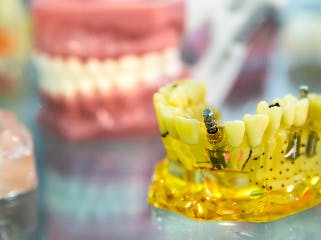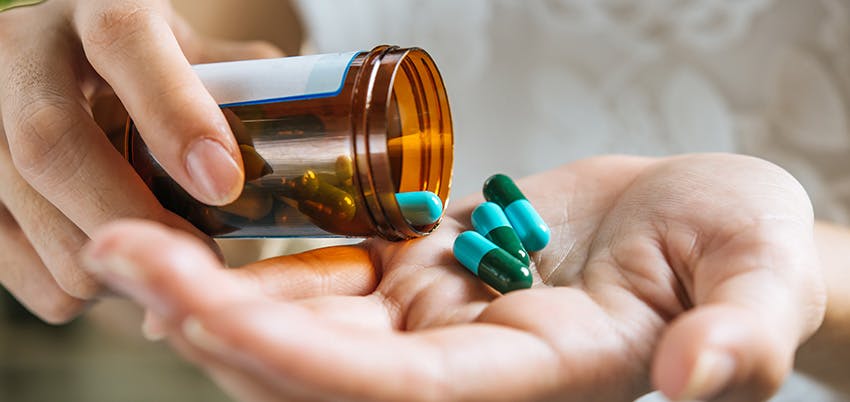
Side effects on teeth caused by some medicines
by Wildsmile
Some medications, although beneficial to our health, can have unexpected side effects on our oral health such as changes in saliva composition, dry mouth, damage to tooth enamel, and, in some cases, cause visible marks on our teeth.
Understanding these potential side effects is essential to take preventive measures and to work closely with healthcare professionals to maintain optimal oral health during medical
treatment.
Side effects on teeth that some medicines can cause
1. Dry mouth
One of the common side effects of many medicines is dry mouth. Decreased saliva production can increase the risk of tooth decay, as saliva is crucial for neutralizing acids and killing bacteria in the mouth. Patients should be aware of this effect and take steps to maintain adequate oral hydration.
2. Changes in saliva composition
Some medications can alter the composition of saliva, which may affect the mouth's ability to fight bacteria and maintain a healthy oral environment. This may increase susceptibility to periodontal disease and other dental problems.
3. Gum problems
Certain medications may cause swelling, bleeding or changes in the gums. Patients should inform their dentist if they experience these symptoms, as they may indicate periodontal problems that require attention.
4. Tooth enamel erosion
Some medications can have a direct impact on tooth enamel, weakening it and increasing the risk of tooth decay.
5.Changes in tooth colour
Certain medications may cause changes in tooth colour, such as staining or discolouration. Patients should report any changes in the appearance of their teeth to their dentist to address possible cosmetic problems.
Which medicines can cause these side reactions in our oral health?
Several types of medicines can have the side effects mentioned above, affecting oral and oral health in different ways. Here are some common categories of medicines and their possible side effects in the mouth:
- Some antibiotics, especially those in the tetracycline class.
- Antidepressants
- Antipsychotics
- Antihistamines
- Antihypertensives
- Medicines for diabetes
- Immunosuppressants
- Antacids
What to do if a medication is affecting my teeth?
If you suspect that a medication is affecting your teeth, it is essential to take steps to address the situation and maintain good oral health. Here are some steps you can take:
Talk with your doctor
- Tell your doctor about any symptoms or changes in your oral health that you have noticed since you started taking the medication. Your doctor may be able to adjust the dose, change the medication, or recommend alternatives that have less impact on your teeth.
Visit your dentist
- Schedule an appointment with your dentist to assess the health of your teeth and gums. Your dentist can perform a thorough examination and determine if there are any signs of dental problems related to the medication. He or she can also offer guidance on specific dental care and preventive measures.
Oral hygiene
- Be sure to follow a proper oral hygiene routine, including twice-daily brushing with a soft toothbrush and fluoride toothpaste, daily flossing and mouthwash.
Hidratation
- If your medication causes dry mouth, be sure to maintain constant hydration. Drinking water regularly can help combat dry mouth and contribute to overall oral health.
Consider dry mouth products
- If dry mouth persists, you may benefit from specific dry mouth products, such as mouthwashes and moisturizing gels. Ask your dentist about options that are right for you.
It is important to note that side effects can vary from person to person and depending on the dose of the medication. If you experience changes in your oral health while taking any medication, it is crucial to inform your doctor and dentist.
Working closely with both health professionals can help manage any oral problems and adjust treatment as needed.
Want to learn more about this?
Contact us
Your contact request is registered. We will contact you as soon as possible.
Lorem ipsum dolor sit amet, consectetur adipisicing elit. Adipisci alias aliquid amet commodi dolor, dolore doloremque dolores fugit quod repellat.
 POR
POR
 ENG
ENG
